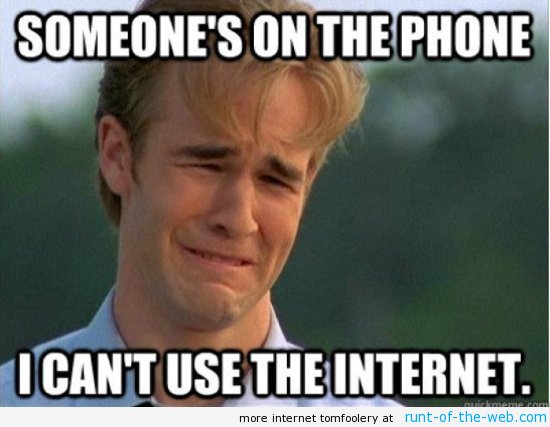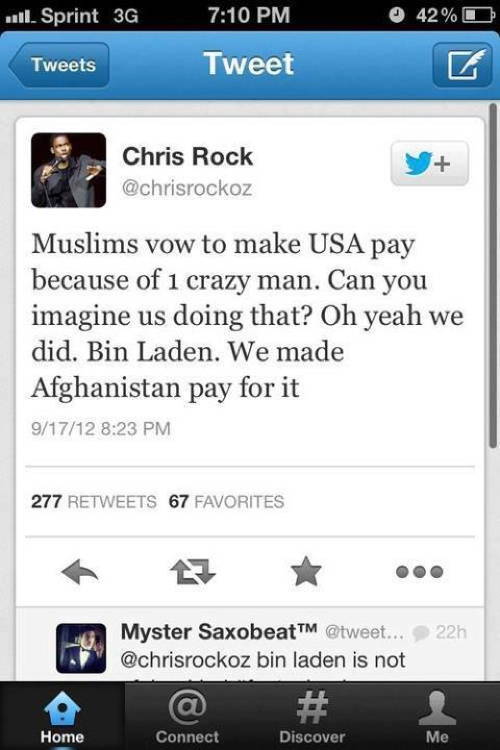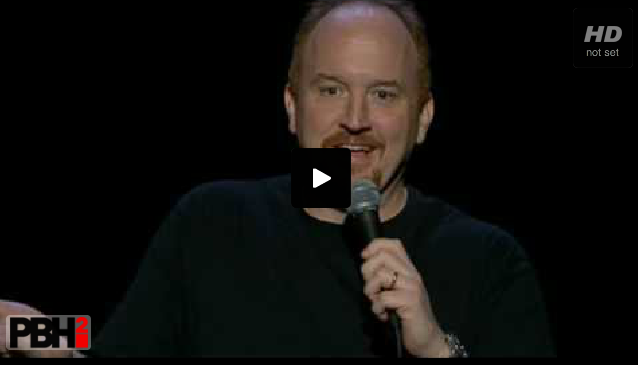Posted on September 30, 2012 in
Articles The Article: How The American University Was Killed In Five Easy Steps in The Homeless Adjunct.
The Text: A few years back, Paul E. Lingenfelter began his report on the defunding of public education by saying, “In 1920 H.G. Wells wrote, ‘History is becoming more and more a race between education and catastrophe.’ I think he got it right. Nothing is more important to the future of the United States and the world than the breadth and effectiveness of education, especially of higher education. I say especially higher education, but not because pre- school, elementary, and secondary education are less important. Success at every level of education obviously depends on what has gone before. But for better or worse, the quality of postsecondary education and research affects the quality and effectiveness of education at every level.”
In the last few years, conversations have been growing like gathering storm clouds about the ways in which our universities are failing. There is talk about the poor educational outcomes apparent in our graduates, the out-of-control tuitions and crippling student loan debt. Attention is finally being paid to the enormous salaries for presidents and sports coaches, and the migrant worker status of the low-wage majority faculty. There are now movements to control tuition, to forgive student debt, to create more powerful “assessment” tools, to offer “free” university materials online, to combat adjunct faculty exploitation. But each of these movements focuses on a narrow aspect of a much wider problem, and no amount of “fix” for these aspects individually will address the real reason that universities in America are dying.
To explain my perspective here, I need to go back in time. Let’s go back to post World War II, 1950s when the GI bill, and the affordability – and sometimes free access – to universities created an upsurge of college students across the country. This surge continued through the ’60s, when universities were the very heart of intense public discourse, passionate learning, and vocal citizen involvement in the issues of the times. It was during this time, too, when colleges had a thriving professoriate, and when students were given access to a variety of subject areas, and the possibility of broad learning. The Liberal Arts stood at the center of a college education, and students were exposed to philosophy, anthropology, literature, history, sociology, world religions, foreign languages and cultures. Of course, something else happened, beginning in the late fifties into the sixties — the uprisings and growing numbers of citizens taking part in popular dissent — against the Vietnam War, against racism, against destruction of the environment in a growing corporatized culture, against misogyny, against homophobia. Where did much of that revolt incubate? Where did large numbers of well-educated, intellectual, and vocal people congregate? On college campuses. Who didn’t like the outcome of the 60s? The corporations, the war-mongers, those in our society who would keep us divided based on our race, our gender, our sexual orientation.
Continue Reading













